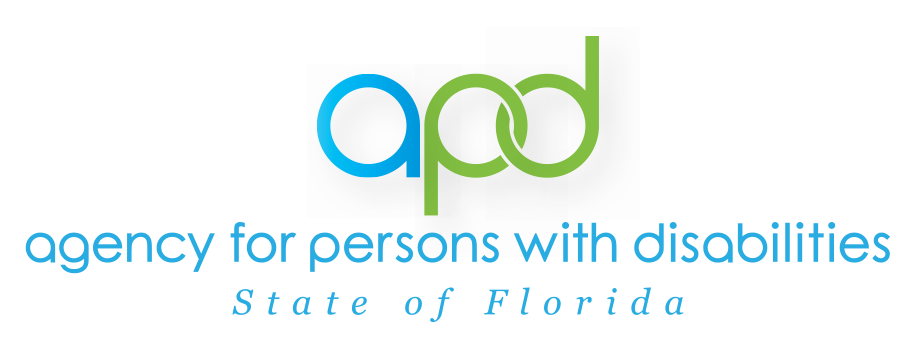APD Northeast Region Offices

Robin Keller
Northeast Regional Operations Manager (ROM)
Locations
Jacksonville
3631 Hodges Boulevard
Jacksonville, FL 32224
Phone: (386) 238-4607
Fax: (904) 992-2442
Counties Served: Baker, Clay, Duval, Nassau, and St. Johns
Daytona Beach
210 North Palmetto Avenue, Suite 312
Daytona Beach, FL 32114
Phone: (386) 238-4607
Fax: (386) 238-4753
Counties Served: Flagler and Volusia
Gainesville
1621 Northeast Waldo Road, Building 1
Gainesville, FL 32609
Phone: (386) 238-4607
Fax: (352) 955-7190
Counties Served: Alachua, Bradford, Columbia, Dixie, Gilchrist, Hamilton, Lafayette, Levy, Madison, Putnam, Suwannee, Taylor, and Union
Standard APD Regional E-mail Addresses
There are several workflow processes at the Agency for Persons with Disabilities (APD) such as submitting cost plans, support plans, significant additional needs, etc. Therefore, APD has created standard e-mail addresses you can use to send this information. Please click here to view the compiled list.
Please note, you may still contact staff members via telephone if you have questions, concerns, or issues which require immediate attention.
Contact Information
For a full list of contact information, please click here.
Encrypted E-mail Information
There are commercially available options to send secure, encrypted e-mails to APD. This method encrypts the entire e-mail, including any file attachments, but will still display the subject line so please remember to not include any information about APD consumers in the subject line.
